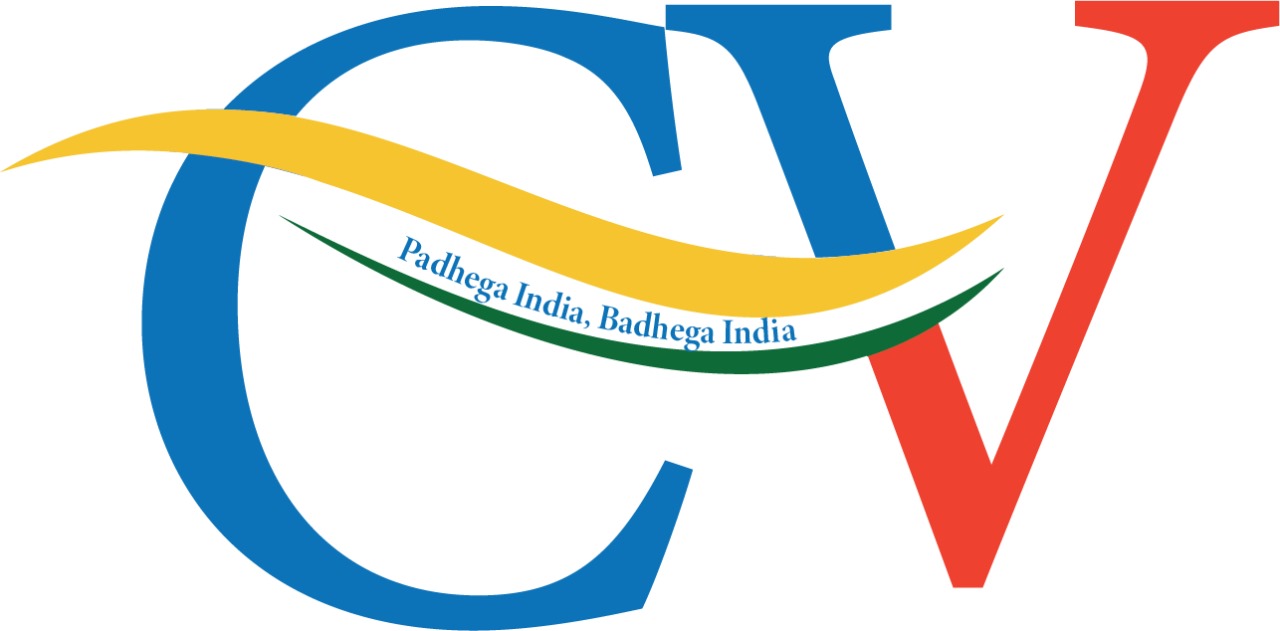NMMS Scholarship (National Means–cum–Merit Scholarship Scheme)
Overview
The National Means–cum–Merit Scholarship (NMMS) is a Central Government scholarship scheme launched in 2008 by the Ministry of Education (MoE), Government of India.
It aims to support meritorious students from economically weaker sections of society to continue their education beyond Class 8 and prevent dropouts at the secondary level.
Objective
To encourage bright but financially needy students to continue studies till Class 12 and reduce dropout rates after Class 8.
Opening Date: 02-Dec-2025 08:45 AM
Closing Date: 02-Dec-2025 08:45 AM
) or your state education website.
NMMS Exam Syllabus (Detailed 2025 Edition)
The NMMS exam has two papers:
1️⃣ MAT – Mental Ability Test
2️⃣ SAT – Scholastic Aptitude Test
Each paper contains 90 questions (1 mark each) and is based on the NCERT syllabus of Classes 7 & 8.
No negative marking.
1️⃣ MENTAL ABILITY TEST (MAT) SYLLABUS
This section checks your reasoning ability, logical thinking, pattern recognition, and problem-solving skills.
🔹 Main Topics Covered
| Section | Sub-topics |
|---|---|
| Analogy | Finding relationships between pairs of words, numbers, or figures |
| Classification | Finding the odd one out |
| Series Completion | Number series, Alphabet series, Figure series |
| Coding–Decoding | Letter/Number coding, Symbol coding |
| Mathematical Operations | Substitution, Equation-based logic |
| Blood Relations | Family-based reasoning |
| Direction Sense Test | Distance, left–right, angular movement |
| Logical Diagrams / Venn Diagrams | Interrelation among sets |
| Calendar and Clock Problems | Days, dates, and time reasoning |
| Embedded Figures / Hidden Figures | Non-verbal figure-based questions |
| Mirror and Water Images | Spatial reasoning |
| Paper Folding / Cutting | Visualization problems |
| Arithmetic Reasoning | Simple logical arithmetic situations |
📘 Tip:
Practice at least 25–30 questions per topic. MAT is purely about speed and accuracy, not memorization.
2️⃣ SCHOLASTIC APTITUDE TEST (SAT) SYLLABUS
This paper tests your subject knowledge from Science, Social Science, and Mathematics (Classes 7 & 8 NCERT).
🔹 A. Mathematics Syllabus
| Chapter Group | Key Topics |
|---|---|
| Number System | Integers, Fractions, Decimals, Rational Numbers, Exponents, Powers |
| Algebra | Simple equations, Linear expressions, Identities, Factorization, Algebraic formulas |
| Geometry | Lines, Angles, Triangles (properties, congruence), Quadrilaterals, Circles, Polygons |
| Mensuration | Perimeter, Area, Volume, Surface area of cube, cuboid, cylinder |
| Arithmetic | Ratio & Proportion, Percentage, Profit & Loss, Simple Interest, Compound Interest, Time & Work, Time & Distance |
| Data Handling | Bar graphs, Pie charts, Mean, Median, Mode |
| Squares & Square Roots / Cubes & Cube Roots | Estimation and calculation |
| Visualizing Solid Shapes | 2D–3D representation, nets of solids |
📘 Tip:
Focus on NCERT Class 7 & 8 Maths—most questions are conceptual, not tricky.
🔹 B. Science Syllabus
| Area | Key Topics |
|---|---|
| Physics (Physical Science) | Motion, Force & Pressure, Friction, Sound, Light (Reflection, Refraction), Electricity & Magnetism |
| Chemistry | Matter (Physical & Chemical changes), Metals & Non-metals, Synthetic Fibres & Plastics, Coal & Petroleum, Combustion & Flame |
| Biology | Nutrition in Plants & Animals, Respiration, Transportation, Reproduction in Animals, Cell—Structure & Functions, Microorganisms—Friend and Foe, Conservation of Plants & Animals, Ecosystem |
| Environmental Awareness | Pollution, Natural Resources, Forest & Wildlife Conservation, Global Warming, Water Management |
📘 Tip:
Read NCERT Textbooks line by line. Diagrams and examples are often asked directly.
🔹 C. Social Science Syllabus
| Subject | Topics |
|---|---|
| History | Medieval to Modern India, Mughal Empire, The British Rule, Indian Freedom Struggle, National Movements, Social & Economic Reforms |
| Geography | Earth & Solar System, Landforms, Climate, Natural Vegetation, Agriculture, Industries, Human Resources, Resources and Development |
| Civics (Political Science) | Constitution of India, Democracy, Government, Judiciary, Parliament, Fundamental Rights & Duties, Local Government |
| Economics | Sectors of the Indian Economy, Poverty, Development, Role of Money, Globalization, Sustainable Development |
📘 Tip:
Learn key dates, events, and maps. Short factual questions are common.
Guidelines
- All questions are mandatory and there is no negative marking.
- Duration: minutes
- Total Questions:
- Question Type: MCQ
Disclaimer
- Read the question carefully.
- Select the best answer from the provided options.
- Ensure you have a stable Internet connection.
- After selecting your answer, click on the "Submit" button.
